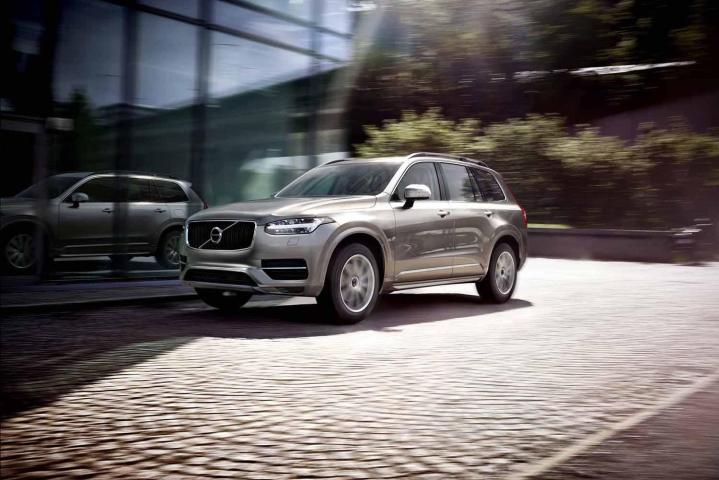
Nvidia also hopes to be one of those critical suppliers. At the 2016 Consumer Electronics Show (CES) in Las Vegas, it unveiled the latest version of its control computer for self-driving cars. Nvidia says the Drive PX 2 is powerful enough to enable in-vehicl artificial intelligence, which some in the car industry believe is necessary to make autonomous vehicles truly practical.
The Drive PX 2 is capable of 24 trillion deep learning operations per second, meaning it has over 10 times the computational power of the previous version, according to Nvidia. The ability to perform these operations allows the system to more quickly learn how to deal with unexpected situations such as construction zones and erratic drivers, the company claims. It also believes this technology will perform better in poor weather and other low-visibility conditions.
There’s also enough processing power to handle input from an array of sensors. Nvidia says the Drive PX 2 can handle input from 12 video cameras, plus liar, radar, and ultrasonic sensors. As with the brains of other self-driving cars, Nvidia’s computer fuses information from all of these sources into a coherent picture of a car’s surroundings. It’s backed by a software suite called DriveWorks that helps make sense of everything provided by the sensors.
Since it debuted the first-generation Drive PX AI-capable computer last year, Nvidia claims more than 50 carmakers, suppliers, and research institutions have adopted it to some extent for autonomous-car development. The Drive PX 2 will become available this year, and is already slated for use in a Volvo autonomous pilot program in 2017.
The computers will be installed in 100 autonomous XC90 test vehicles, which will be used on designated roads in Gothenburg by Volvo customers. Called “Drive Me,” the experiment will test what Volvo claims is a production-ready system that allows cars to drive themselves and city traffic, and can network cars to a traffic-control center via the cloud.
Editors' Recommendations
- Dubai Police to deploy driverless patrol cars with AI smarts
- An autonomous car in San Francisco got stuck in wet concrete
- Volkswagen is launching its own self-driving car testing program in the U.S.
- Apple’s rumored car could cost the same as a Tesla Model S
- Ford and VW close down Argo AI autonomous car unit



